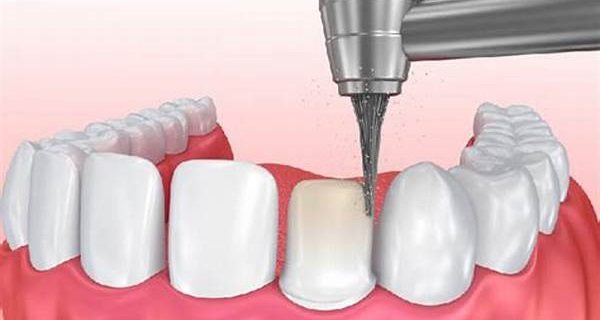Researchers have discovered that the height of customized abutments and the thickness of vertical mucosa significantly affect peri-implant crestal bone loss over a 12-month period following restoration placement on subcrestal implants. This study, published in the journal Clinical Implant Dentistry and Related Research by Serafin Maza-Solano and colleagues, highlights the critical factors affecting bone maintenance around dental implants, especially when using abutments with a platform smaller than the implant itself.
Maintaining stable bone levels around implants is essential for long-term success in implant dentistry. Customized abutments are designed to fit individual patient anatomy, aiming to optimize both functional and aesthetic outcomes.
Understanding how abutment height and mucosal thickness influence bone stability can guide clinicians in improving treatment strategies and patient outcomes.
In the study, 99 implants were placed in the posterior maxillary and mandibular regions. Customized abutments were digitally designed using Atlantis weborder software, adjusting heights based on vertical mucosal thickness. Clinical and radiographic monitoring began during implant surgery and continued for 12 months post-restoration using Carestream® CS8100 3D radiographic equipment.
Key findings from the study include:
The most significant marginal bone loss occurred immediately after surgery up to restoration placement.
Implants with abutment heights and vertical mucosal thickness less than 3 mm experienced more substantial initial bone loss.
Bone loss stabilized over time, with some cases showing marginal bone recovery by the 12-month follow-up.
The average bone loss observed was 0.84 mm in cases with mucosal thickness less than 3 mm. Bone levels stabilized, with average marginal bone loss ranging from 0.05 mm to 0.21 mm between follow-up intervals. Abutments shorter than 3 mm showed greater initial bone loss compared to those taller than 3 mm.
Researchers emphasize the critical role of abutment height and mucosal thickness in preserving bone around dental implants. The findings underscore the need for precise treatment planning to optimize peri-implant tissue response. In conclusion, this study highlights that customized abutment height and adequate mucosal thickness are pivotal in mitigating peri-implant bone loss.

